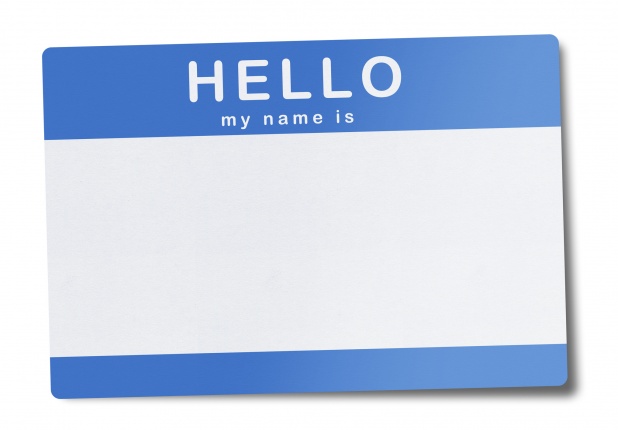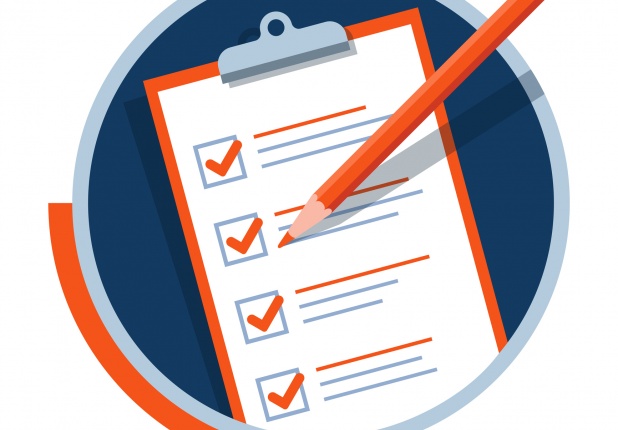Insight into Name Normalization: What Is Your Name?
Assigning a single unique name to identify an individual has created problems that precede the inception of e-discovery. Think of Santa Claus, St. Nicholas, St. Nick, Noel or simply Santa. These variations are associated with a unique individual and yet, our society has been using different names to refer to him since before we were born. In e-discovery, identifying individuals with information relevant to a dispute is one of the first and most important steps we go through at the inception of a case. As such, the identification of the different names for these individuals is critical to ensuring we do not miss potentially relevant files.






